
The country radio controversy known as "#SaladGate" is a classic case of disruption caused by digital and social media and greater media literacy.
Read more »

The country radio controversy known as "#SaladGate" is a classic case of disruption caused by digital and social media and greater media literacy.
Read more »
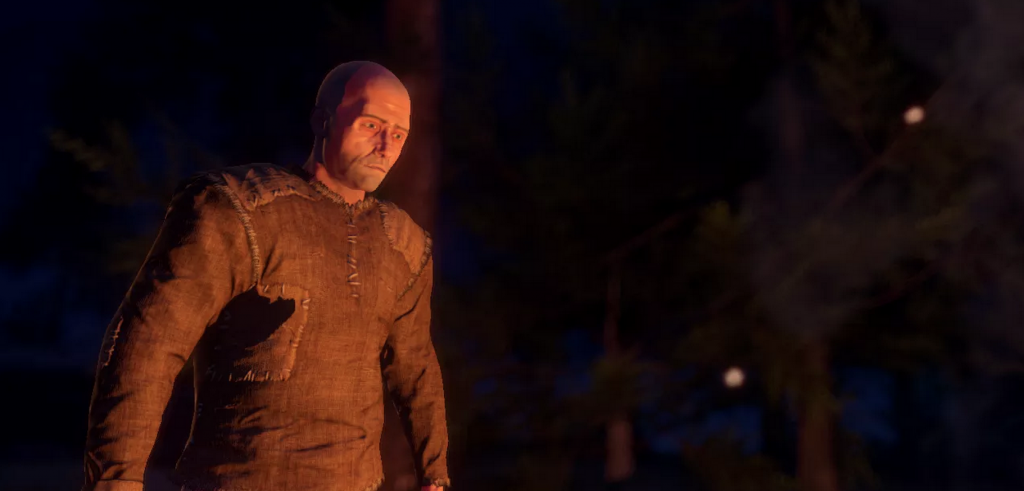
This spring, game designers of Rust courted controversy by assigning players unchangeable, racialized avatars. Adrienne Shaw unpacks how game design helped produce some of that player outrage.
Read more »
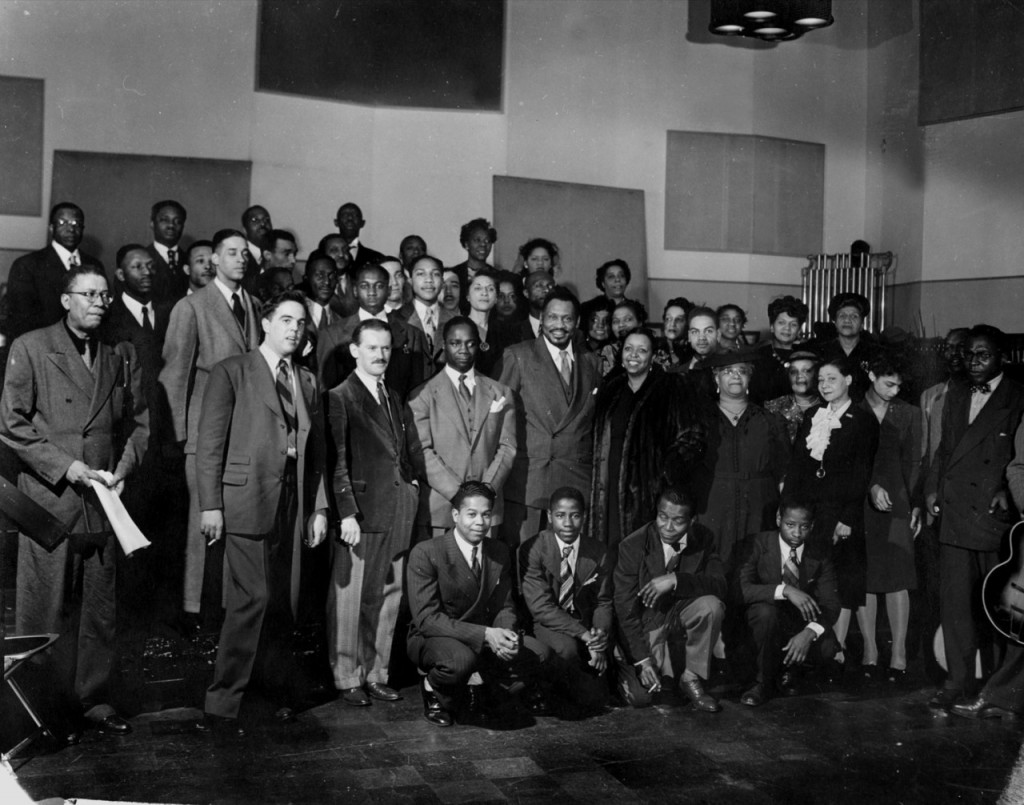
As part of a forthcoming history of the radio feature Michele Hilmes shares her discovery of the supposedly lost Langston Hughes radio play, "The Man Who Went to War."
Read more »
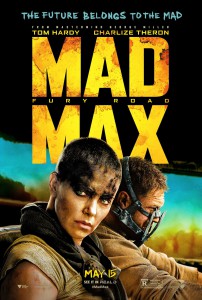
Against orthodox thought that cult films earn their status through lengthy reception trajectories, Mad Max: Fury Road is always already a cult film.
Read more »

Looking beyond the content of Michele Hilmes’s work to its structure and form, Shawn VanCour discusses the larger goals and techniques of Hilmesian historiography.
Read more »

In the third post in our "Digital Tools" series, Elana Levine discusses how she manages audio-visual sources for her extensive research project on the history of U.S. daytime television soap opera.
Read more »
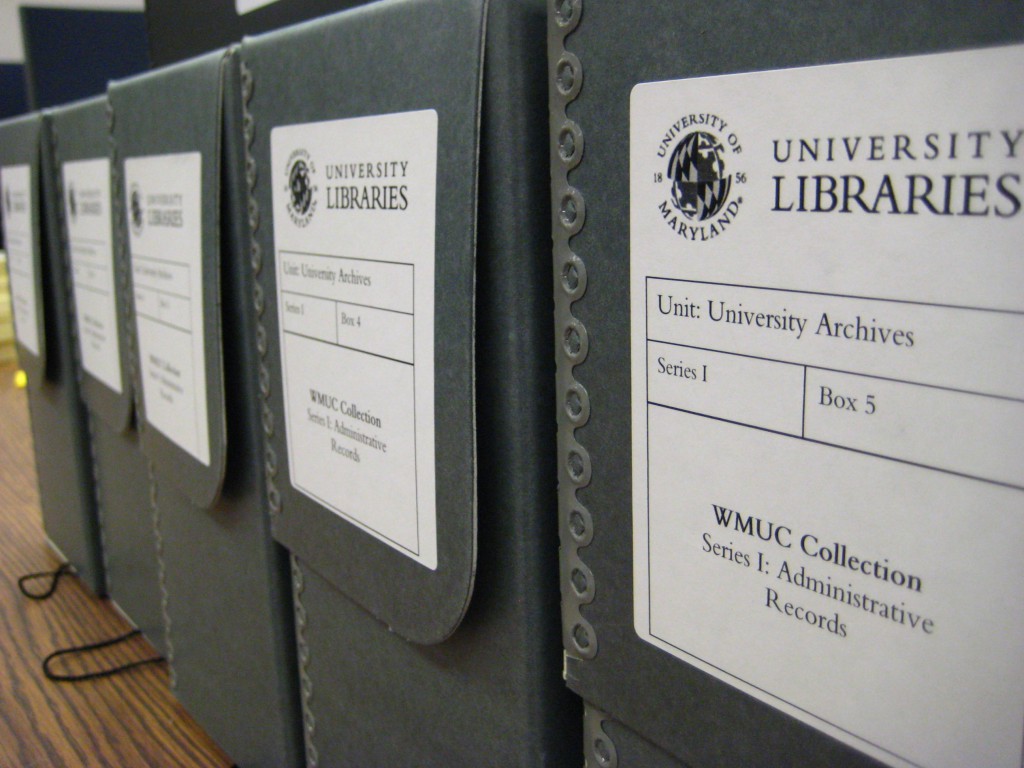
Laura Schnitker writes about the importance of saving college radio archives, as college stations have the built-in resources to both save their materials and provide public access to them.
Read more »

Disney's hesitation to move forward with TRON 3 is symptomatic of the company's inability to find an appropriate strategy to bridge disparate pieces under one unified brand.
Read more »

Sam Ward looks under the hood of the EU’s “digital single market” initiative and finds wrenches in the machinery—geo-blocking, national-cultural specificity and more.
Read more »

The Hong Kong government has been saying that local people have a strong sense of belonging in this so-called “Asia’s World City.” Believe it or not? A promotional video featuring an old district in Hong Kong will tell you more.
Read more »

In the second post in our "Digital Tools" series, Elana Levine discusses her process for converting historical research materials into chapter outlines using Scrivener.
Read more »

Li Cornfeld considers the technofuturism and Cold War nostalgia in "Tomorrowland," in light of the Walt Disney Company’s own corporate departure from space age optimism.
Read more »
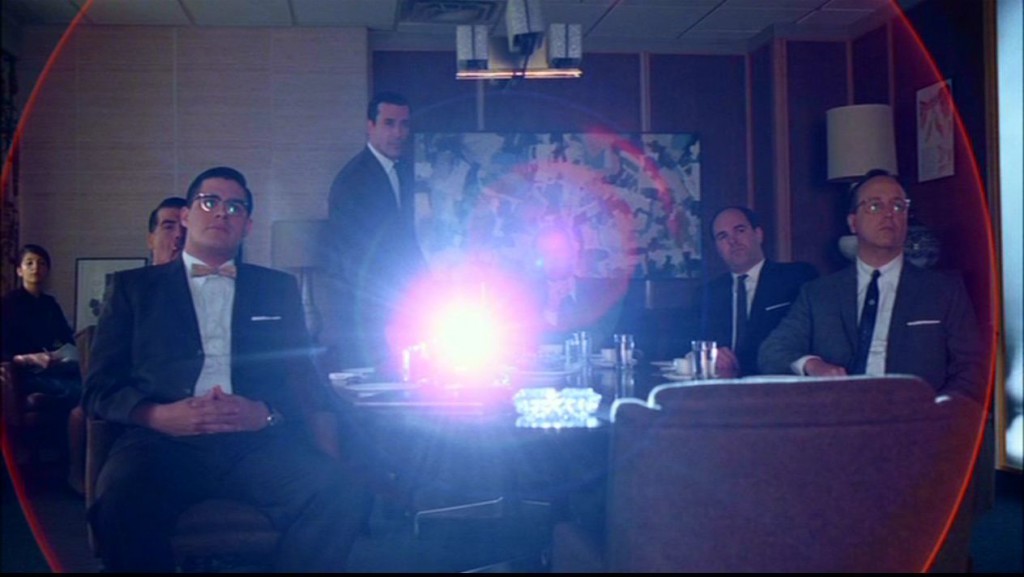
Mark Lashley discusses "Fuller House" and the current trend of resurrected television nostalgia, and how the notion of television as an ephemeral or disposable media form is diminishing.
Read more »

In the inaugural post in our "Digital Tools" series, Elana Levine discusses DEVONthink document management software and her methods for organizing historical research materials digitally.
Read more »

Peter Schaefer writes about the public face of radio preservation, making a case for acknowledging what's been lost to the ages while simultaneously showcasing what's been found.
Read more »

How did post-World War II female detectives balance authority and femininity on the radio? Catherine Martin writes about knowledge of urban geography as the source of a detective's power in "Candy Matson."
Read more »